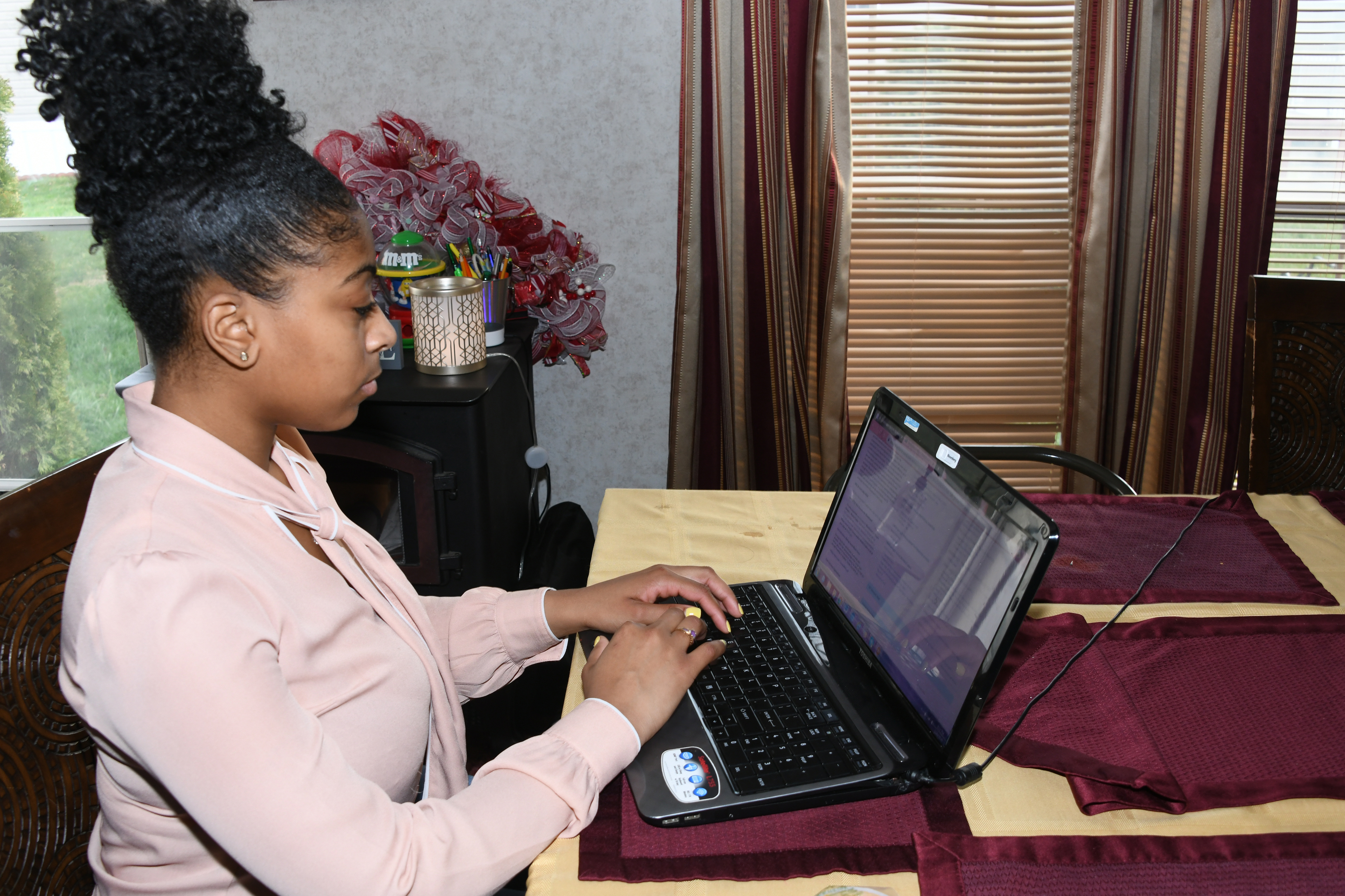
The University goes fully online
The Coronavirus crisis may have closed down countless businesses in Dover and throughout the state, but Delaware State University is still open – virtually – and holding classes.
Although its 5,000-plus students were instructed not to return to campus after the recent spring break, they nevertheless resumed their coursework on March 18, receiving their instruction online.
Two weeks ago, the University offered 130 courses fully online through its Blackboard Management System, and many faculty used that digital resource to provide a portion of its material to students.
With the onset of the COVID-19 crisis, the University marshaled its faculty to put all of their spring semester courses on its Blackboard system – 1,584 undergraduate, master’s and doctoral courses – enabling its student body to continue their academic journey uninterrupted by the pandemic.
Dr. Francine Edwards, dean of the College of Humanities, Education and Social Sciences, said the Coronavirus crisis has forced Delaware State University expand its online course capability.
“This is going to usher in an awesome new way that DSU delivers education,” Dr. Edwards said. “Some who haven’t used (Blackboard) in the past are now learning new ways to creatively teach their courses.”
The conversion to an online course delivery system wasn’t completely new to some students.
“It has been pretty simple. All you have to do is sign onto Blackboard,” said Coreia Benson, a junior accounting major. “I had already had some courses online.”
For some students, it has been an adjustment.
“It is really different when you are online instead of face to face with your instructor,” said Mayda Berrios, a sophomore Early Childhood Education major. “My science professor is giving us a lot of content, and I am trying to keep up.”
Dr. Phyllis Collins, an assistant professor, said she already had her assignments and exams on Blackboard.
“I just taught my first class, Theories and Methods of Integrated Studies, and I lectured for a bit and then my class had a lot of discussion,” Dr. Collins said.
She said that the discussion board feature on Blackboard is a great interactive way to engage the students. “We used the topic of how to use our academic disciplines to better understand the Coronavirus,” said Dr. Collins, who also teaches Global Societies. “The discussion board allows students to communicate with each other through a discussion thread and give their responses and ideas on various topics. The discussion can continue after the class ends.”
Dr. Collins, who is also an academic advisor, has also been able to work with students in that capacity. “I have a student from Florida who I helped this week register for her summer and fall classes,” she said.

